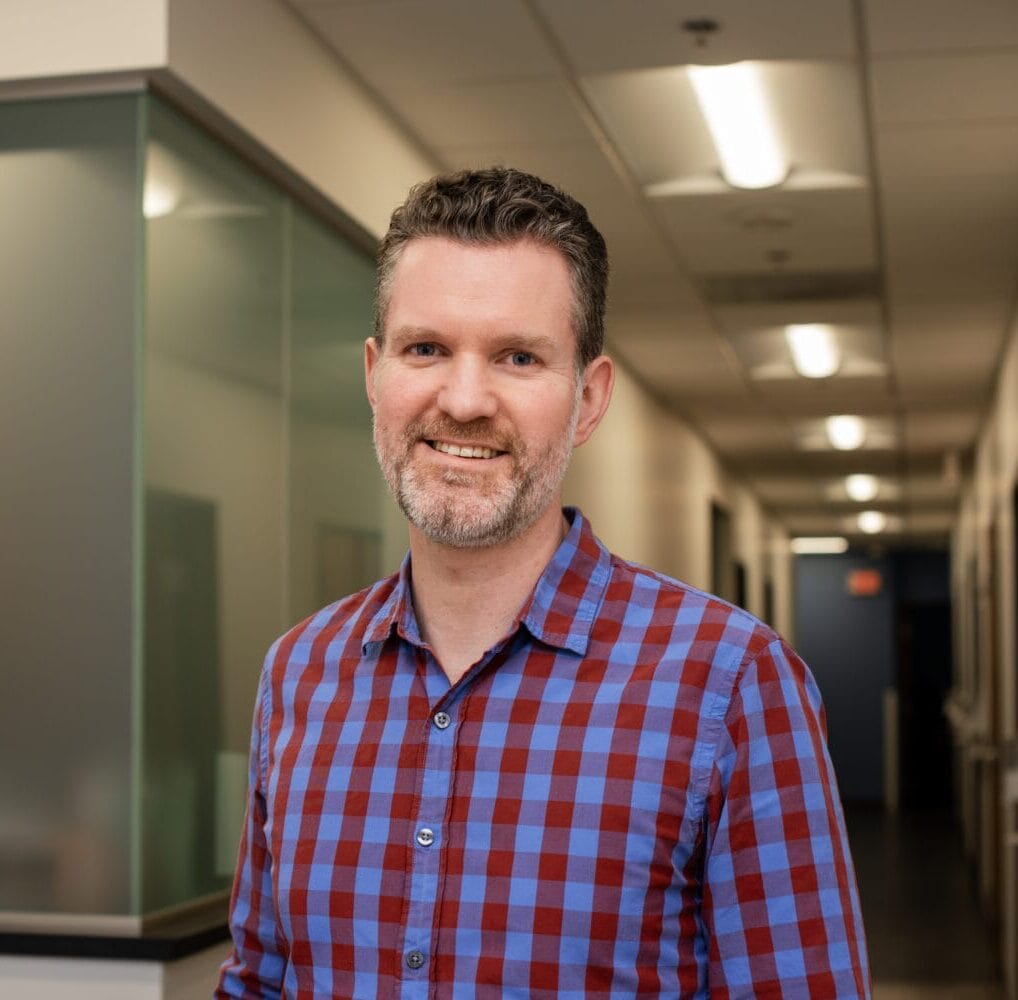Health Career Ladder students utilize lifesaving skills during earthquake simulation
Pomona Health Career Ladder (PHCL) and American Indian Health Career Ladder (AIHCL) students were honored for attendance achievements during the final Saturday workshop of the academic year – then got a big surprise at 9:37 a.m., when air horns began blaring.
Middle and high school students received perfect or near-perfect attendance certificates and a T-shirt, then put lifesaving skills they learned to use by tending to a triage of "casualties" during a simulated earthquake on Saturday, April 26, 2014 at Western University of Health Sciences in Pomona, Calif.
"The goal was to create an emergency situation for the students to apply the concepts they have been learning throughout the academies to a disaster very common to California," said first-year College of Osteopathic Medicine of the Pacific student Sanaz Mohammadi, president of Pipeline to Health Careers club.
WesternU student volunteers, through the Pipeline to Health Careers student club, helped create this first-ever mock disaster curriculum.
The Health Career Ladder Program was created in 2007 by WesternU, Cal Poly Pomona and the Pomona Unified School district. Sherman Indian High School, a residential school for American Indians, joined the effort in 2012. The program provides mentoring by bringing middle school and high school students into regular contact and classes with students in graduate health professions programs. It is supported by funds from WesternU, as well as grants provided by OptumRx, the Edison Foundation, the California Office of Statewide Health Planning and Development, and others.
Doctor of Physical Therapy and Master of Science in Medical Sciences students from WesternU, as well as some Career Ladder parents and PUSD administrators, volunteered to be victims at various stations during the mock disaster. Career Ladder students were put into small groups and rotated through the casualties.
Four student club officers from the WesternU Oregon campus, COMP-Northwest – Brittany Alloway, Bryce Arnold, Todd Needs and Joshua Strait – also came to the Pomona campus for a week of collaborative planning and development, and to join in the Saturday workshop activities.
Strait – a first-year COMP-Northwest student and next year’s high school coordinator for the partner club Lebanon Health Career Ladder (LHCL) — said he came to Pomona to learn and adopt some of the practices of PHCL. He wants to introduce them into LHCL because it will be the first year COMP-Northwest will have high school curriculum.
"I’ve learned several ideas and goals on how to address the older population of students," Strait said. "The trip has been worth it because of what I learned and gathered."
Strait said that not only was Saturday’s workshop a lot of fun, he also was impressed by the amount of volunteers and how involved the students were.
Mohammadi said collaborating with students from Lebanon and creating a unified vision on how to strengthen the pipeline experience across both campuses — for both students and volunteers — was a key goal of hosting COMP-Northwest students for the first time.
"This was a great opportunity to serve alongside them at our last academy to really learn about how we can work together to make an impact in the communities we serve," she said.
Elizabeth Rega, PhD, associate vice provost for academic development in the Office of Academic Affairs, said she brought students and staff together for collaboration and teambuilding, looking to build on the theme "one University, two campuses."
"We strengthen our communities by collaboration," she said. "When the future health care leaders create these networks of learning for all age levels, we are all the beneficiaries."



